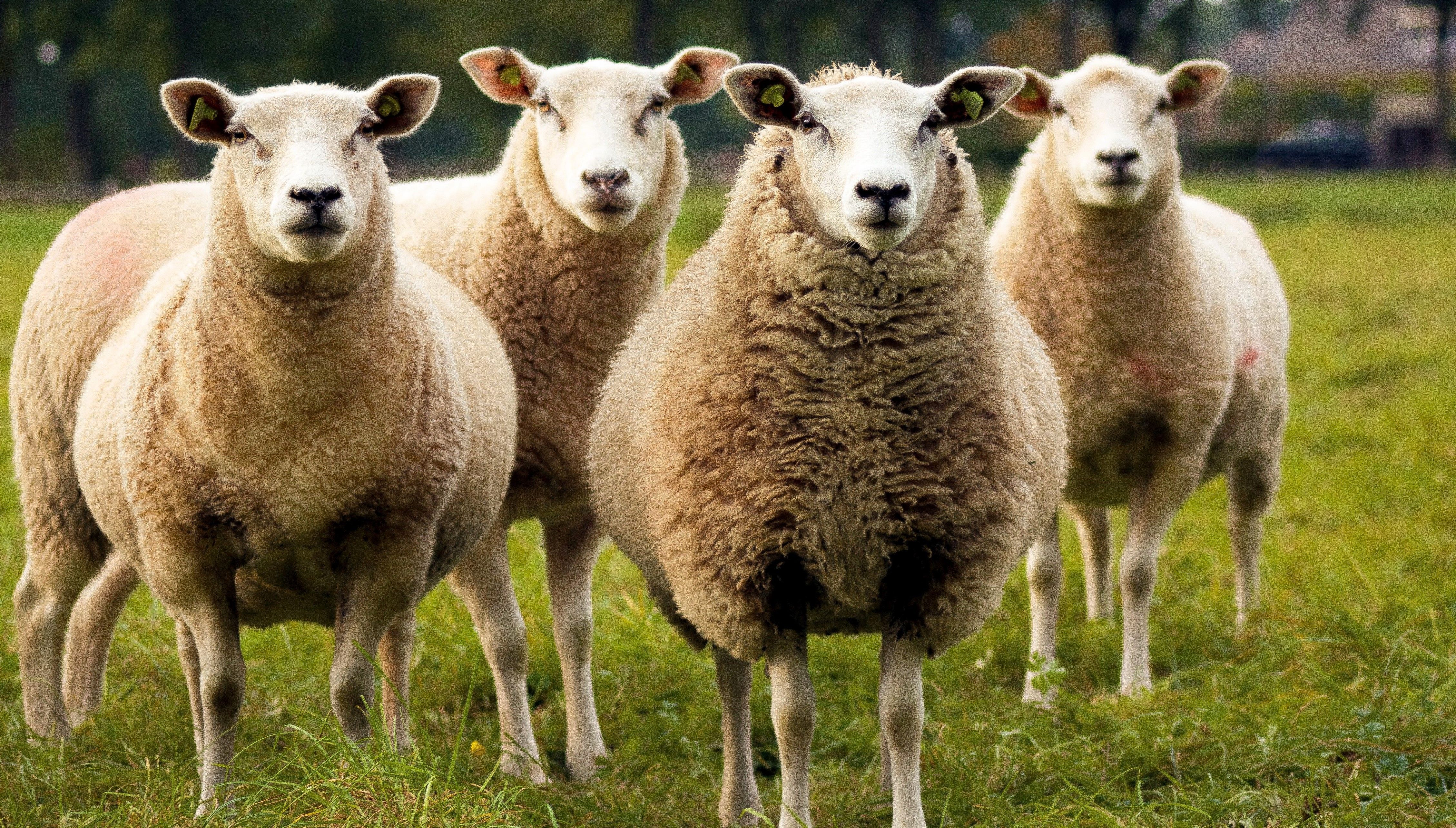
13 January 2023
The latest Global Farm Metric framework has been launched. The Metric aims to bring existing farm sustainability metrics together and provide a view of the sustainability of a farm that considers all aspects of it. This includes soil metrics that account for soil carbon, soil organic matter, structure, earthworm count, and signs of erosion. These metrics are expected to provide an international system for measuring the sustainability of all farms.
Last week, the Oxford Farming Conference (OFC) and the Oxford Real Farming Conference (ORFC) took place. Various organisations attended the conferences including Six Inches of Soil who showed a teaser of their documentary film to the OFC, as well as the Sustainable Food Trust who have provided a write-up of the conferences here.
In Australia, the Federal Government has ended the pilot Soil Monitoring Initiative Program (SMIP). The SMIP provided funds of up to $10,000 (Aus dollars) for soil sampling to allow the development of a national soil database. Following flooding across the country, the government decided to end the program due to the ‘climatic conditions’.
A new paper highlights the need for regional and international policies to support soil biodiversity. It concludes that current soil policies too often only focus on soils within countries and do not consider the cross-border nature of soils and the impacts of humans on them. There is a need for a better understanding of the distribution and how soil biodiversity works across global regions.
Horses are being used to help rewild a park in London. To avoid compaction and encourage wildflowers to grow in the King George’s Park, Wandsworth, shire horses are being used to pull a grass mower that cuts down some of the grass which reduces the nutrients in the soil.
Research has found that crop mixtures, especially of wheat and barley grown together could be beneficial to the resilience of crops in the face of climate change and help soils. The crops often need different nutrients and levels in the soil, helping produce more biomass and sequestering carbon. In addition, if one fails, the other crop often has a high yield ensuring a steady supply of grain.
On Friday, the first UK Food Diversity Day is taking place. A number of events are taking place including talks and workshops with chefs, food writers and farmers, highlighting the important role of heritage and diverse foods, especially foods that have been forgotten for healthier people and the environment including soils.